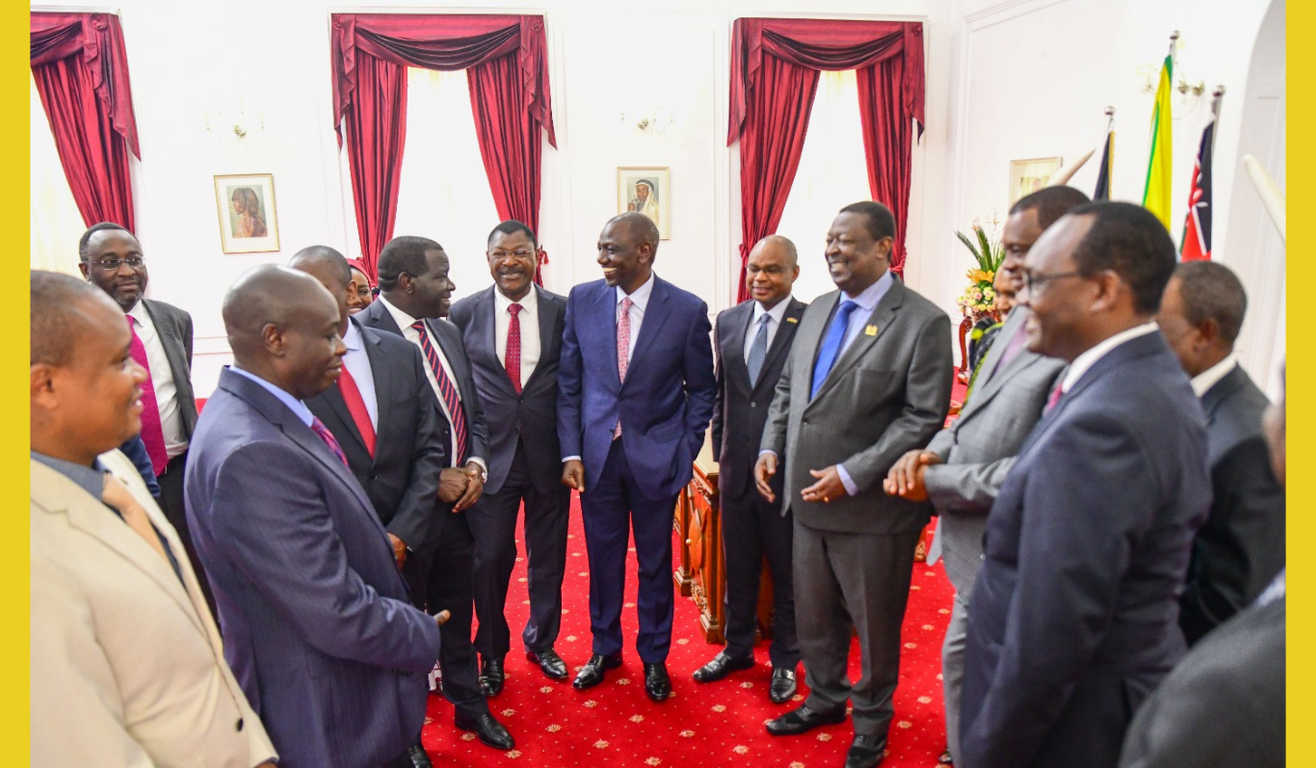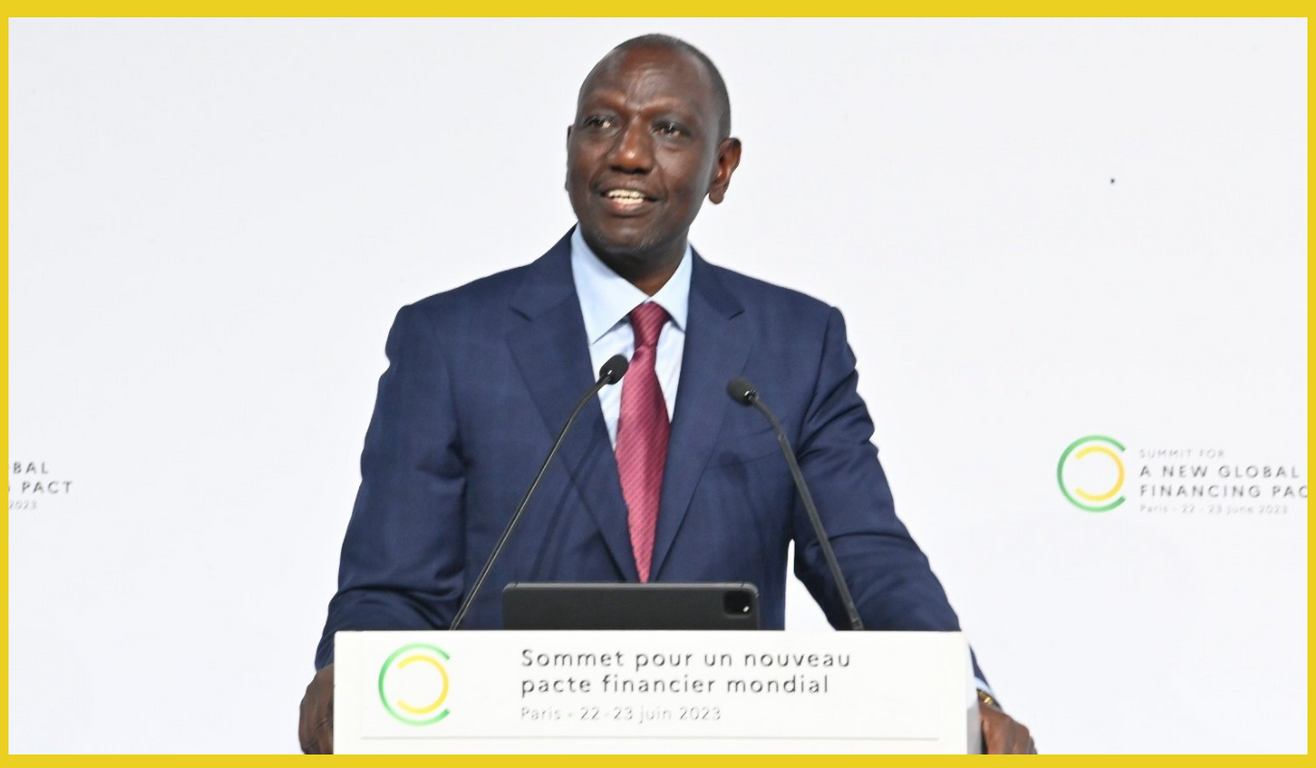The Finance Bill 2023 has transitioned into an Act of Parliament, bringing forth a number of benefits to propel development and enhance service delivery for Kenyans. Some of these include:
Affordable Staple Food: The Act allows for zero-rating of maize, cassava, wheat, and meslin, reducing production costs and ensuring affordable prices for essential food items.
Agricultural Growth: Tax exemptions for fertilizer manufacturers, both locally purchased and imported, will lower expenses and foster agricultural growth, improving food security.
Rental Income Relief: The Act reduces the tax rate on residential rental income from 10% to 7.5%, providing landlords with increased disposable income. This, in turn, may lead to reduced rents for tenants, promoting affordability.
Accessible Healthcare: By availing extensive exemptions to the healthcare sector, including diagnostic tools, pharmaceutical inputs, and medical products, the Act reduces medical expenses, supports health infrastructure development, and ensures affordable healthcare for all.
Affordable and Clean Energy: Exempting LPG from VAT and importation fees encourages its usage by households, offering a cleaner energy alternative. This move helps reduce carbon emissions and associated health risks while making energy more affordable.
Post-Retirement Medical Funds: The Act incentivizes retirees to enroll in post-retirement medical schemes by allowing personal relief based on contributions made. This ensures access to medical care post-retirement and encourages individuals to save for their healthcare needs.
Domestic Industry Protection: Introducing excise duty on imported furniture, except from the East African Community (EAC), safeguards domestic production, particularly in the jua kali sector, supporting local industries and fostering economic growth.
Local Fishing Industry Support: Imposing excise duty on imported fish protects the local fishing industry, sustaining livelihoods and contributing to economic prosperity.
Export and Investment Promotion: The Act proposes an export and investment promotion levy on goods imported for domestic use. This levy aims to generate funds to bolster manufacturing, stimulate exports, create employment opportunities, reduce dependence on foreign exchange, and encourage investments.
Communication and Financial Inclusion: Reduced excise duty on telephone and data services as well as money transfer services promotes affordability and financial inclusion, enabling efficient communication and facilitating economic transactions.
Debt Burden: It brings a significant shift in Kenya’s social development affairs. One notable impact is the reduction of expensive loans, relieving the burden from the mwananchi (citizen). This move signifies a shift towards more sustainable financial strategies to fund social programs and development initiatives, ensuring greater fiscal stability for the nation. By minimizing reliance on costly borrowing, Kenya can allocate resources more efficiently, prioritizing the well-being and progress of its people.
With the Finance Bill 2023 now an Act of Parliament, the above provisions should ensure efficient service delivery, spurring of development across sectors, and the creation a favorable environment for economic growth in the country.










